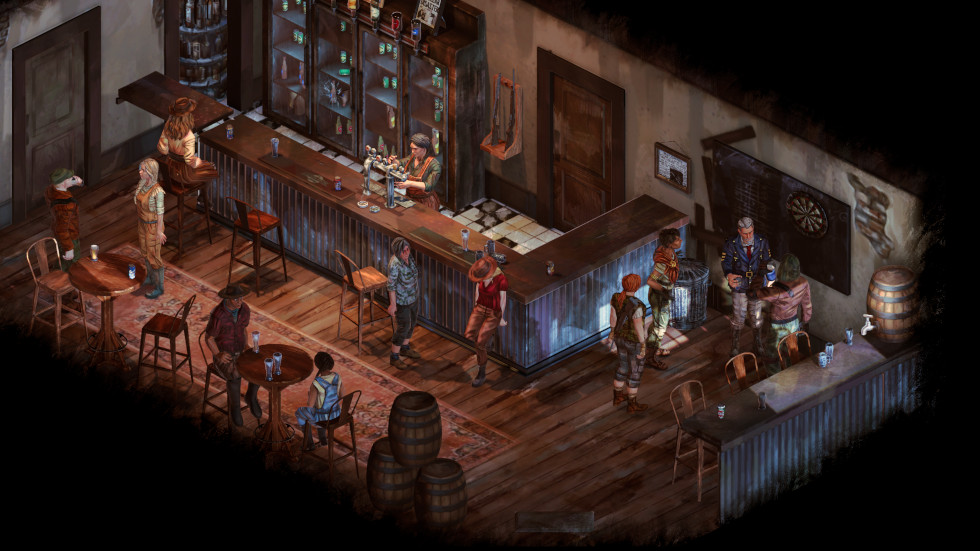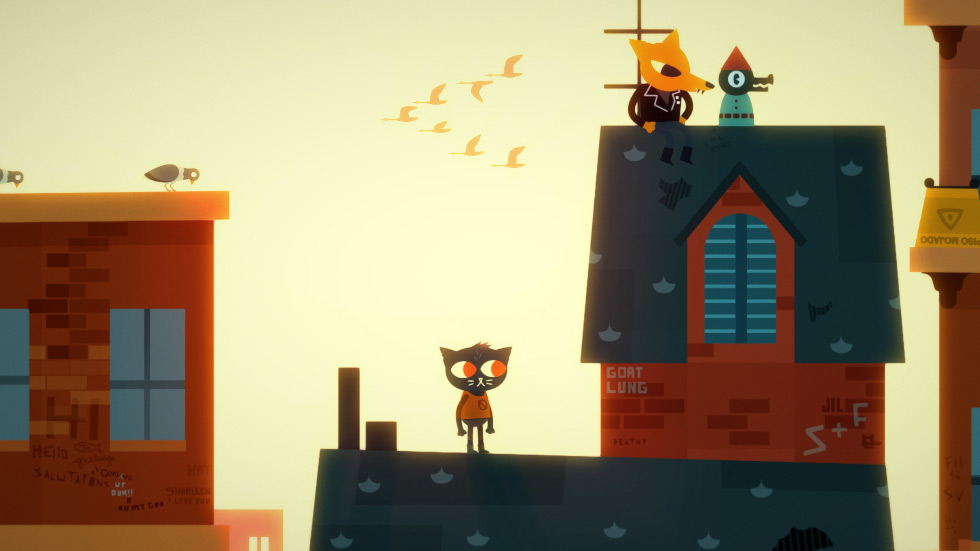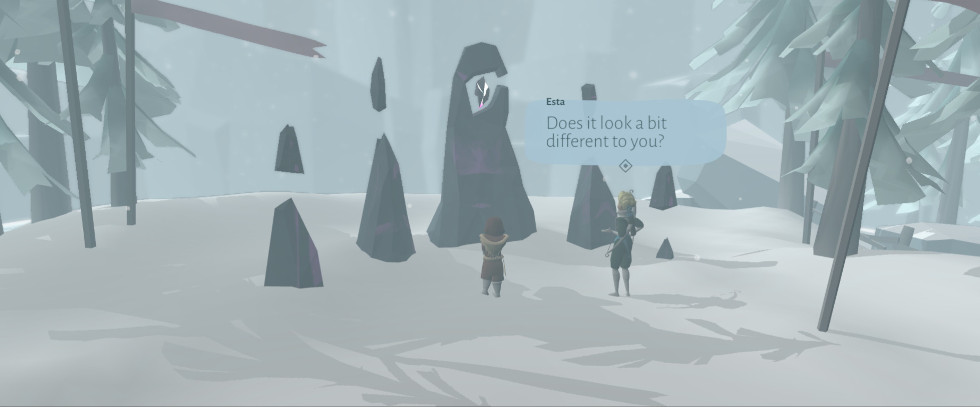Games You Didn’t Know Were Tasmanian
by Hobart Magazine

Did you know the video game industry makes more money than the music and movie industries combined? For a long time, the game development scene in Tasmania has been relatively small.
Following the recent Level Up Video Game Showcase—the first of its kind in the state—it seems that things are changing for the better. The showcase featured a notable selection of games created in Tasmania or by Tasmanians, and that has inspired this list of games you probably didn’t know have a local touch.
Perhaps the most notable title to emerge from Tasmania is Night in the Woods. Released in 2017, this game emphasises exploration, story, and character development in a world of zoomorphic humans. You play as Mae, a young cat who leaves college and heads back to her hometown, only to find it struggling with economic decline. As she reconnects with old friends—who have all changed in various ways—strange occurrences are also unfolding in town. With its captivating mystery and poignant writing, the game received critical acclaim and a dedicated cult following. The Tasmanian connection lies with Secret Lab, an independent developer based in Hobart, founded by Dr Paris Buttfield-Addison and Dr Jon Manning. They created Yarn Spinner, a dialogue and narrative tool for interactive storytelling, which was utilised in Night in the Woods, and they also handled the games’ Nintendo Switch port.

Since then, Yarn Spinner has been used in other indie hits that prioritise storytelling. These include Dredge (a horror fishing game), A Short Hike (a cute hike up a mountain), Escape Academy (all about escape rooms), Frog Detective (solve mysteries as, you guessed it, a frog detective), Little Kitty, Big City (help a cat find its way home), Norco (a surreal point and click adventure in Louisiana) and more.
Currently, Secret Lab is cooking up their own game with Yarn Spinner called I Feel Fine. While a release date hasn’t been announced, they have shared some fun screenshots online. The premise is, “The meteorite will hit your space station in three days, and you’re bolted to the floor. Can you convince someone to free you?” Sounds like a blast.
Launceston-based developer Dean Baron is the co-founder of Smash Attack Studios, who are currently working on a game called Nullstar: Solus, a 2D platformer where players take on the role of a scavenger ship. He was also a programmer and integration lead on Broken Roads, an RPG set in a decaying, post-apocalyptic Australian Outback that came out earlier this year. Think the Fallout games set in the world of Mad Max and you’re on the right (broken) road.
A cool surprise at the Showcase was Stray Gods: The Roleplaying Musical, developed by Summerfall Studios. While the team is primarily from Melbourne, the technical artist was Hobart’s own Andrew Mendlik. This game, which came out last year to positive reception, has you playing as Grace, a college dropout accused of murdering the last muse. To prove her innocence to a bunch of Greek gods, she uses her newfound music powers. Your dialogue choices change the lyrics, musical style, and even how the songs play out.
Previously, Andrew Mendlik was the VFX artist on Where the Snow Settles, an entirely Tasmanian game made by Myriad Game Studios, which came out back in 2021. Inspired by Tasmania’s winter landscape, it’s about loss, growth, and the supernatural.

Hobart-based developer Webbysoft are the makers of Bilkins’ Folly, a narrative adventure game from last year about a boy and his dog on a quest to find missing relatives. Another notable Tasmanian developer is Giant Margarita, who work with UTAS students to help make their titles. They recently released Party Poppers, a co-op party game.
There were plenty of unreleased games at the Showcase that are coming soon. Some highlights worth looking up include Plains of Havoc by Tiny Island Games, Lighthaze World by Radiobush, AFK by Shawn Hatten, Packed by Shortbread, The Owl, the Thief and the Strawberries by Ben Phelps, and Melbourne: Route 96 by Lindsay Mansfield.
The future looks bright. If you’re a gamer, consider supporting these local titles to help the Tasmanian game scene grow. Most of these games mentioned here are on major platforms like PlayStation, Xbox, Nintendo Switch, and PC, and wishlisting upcoming ones on Steam—a popular gaming storefront—can really help developers by showing interest and boosting visibility.

